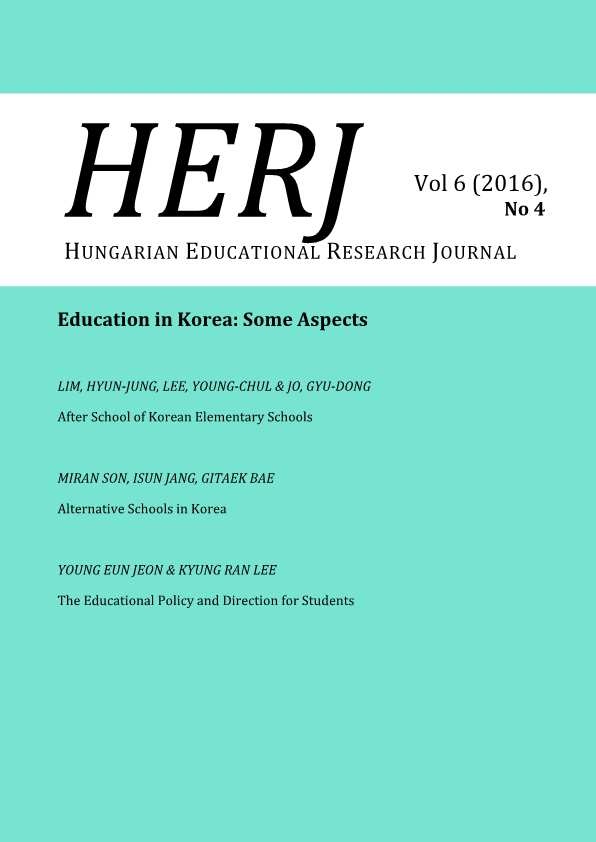The ‘Oecumenical Schools’: A Forgotten Civic Initiative in Hungary
The ‘Oecumenical Schools’: A Forgotten Civic Initiative in Hungary
Author(s): Gabriella Hideg, Krisztina Jankó, Tamás Kozma, Ildikó OláhSubject(s): School education, History of Education
Published by: Hungarian Educational Research Association (HERA)
Keywords: Government-school relationship; community action; citizen participation; faith-based schools; East-Central Europe; political transition
Summary/Abstract: A few of the public schools in Hungary declared themselves ‘oecumenical’ during the first period of the political transition of 1988-1993. ‘Oecumenical’ meant in that context the faith-based but non-denominational school program and curriculum developed jointly by the parents (PTA) and the teachers of the institutions concerned. At the same time, local authorities still remained the owners of the schools, as regulated by the reform minded 1985 Act on Education. Under the new Act on Public Education (1993), however, ‘oecumenical’ schools proved illegal, since institutions operated by local authorities had to have neutral curricula and educational programmes. The ‘oecumenical schools’ discussed in this paper are considered as a historical case of the ‘socialisation of schools’ by local communities under the impact of liberation from the former political regime. Three case studies of former ‘oecumenical schools’ were prepared and analysed in order find out who the leading actors were in the process. It transpired that young, well-established middle class parents with relatively high levels of education were successful both in establishing and allowing their ‘oecumenical schools’ to survive if they had the support of the school and the local Churches. The local ministers (priests) were rather more supportive than negative; higher ranking leaders of the established Churches proved to be rather negative. The local authorities usually joined the Church authorities in rejecting ‘oecumenical’ schools; while the teachers were partly enthusiastically supportive, and partly hostile. School heads associated with PTA leaders became the ‘agents of change’ of this civic attempt of school makeover.
Journal: HERJ Hungarian Educational Research Journal
- Issue Year: 6/2016
- Issue No: 4
- Page Range: 89-105
- Page Count: 23
- Language: English

